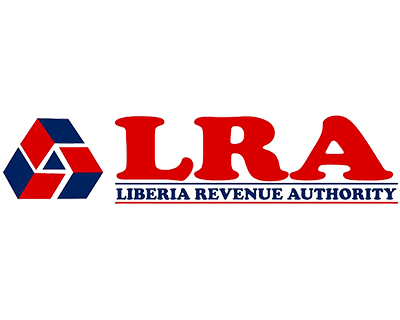
With the availability of a comprehensive National ICT policy that seeks to accelerate economic development and global competitiveness, the Government of Liberia has prioritized the integration of telecommunications and ICT services into overall developmental objectives, priorities and programs to the extent that it can improve the wellbeing of its citizens. Liberia’s Information and Communication Technology Sector offers extensive opportunities for investment in both the public and private sectors, especially in the areas of finance and banking, health and education, agriculture, transport and security, and is considered the bedrock for national growth and economic progression. While significant donor funding from the World Bank (WB), European Union (EU), Swedish International Development Agency (SIDA), USAID and other major donors have resulted in works being carried out on major roads leading to key investment areas, more is needed to sustain recovery and acceleration of development progress in Liberia. The government of Liberia is looking to partner with interested investors in overhauling the country’s ailing infrastructural.

Infrastructure services must strive to improve quality, availability and affordability to citizens throughout the country. Infrastructure investment must therefore be planned to support key growth corridors that connect urban centers with the rural milieu and foster conditionsįor economic advancement by smallholders and the domestic private sector, as well as foreign direct investors. At the same time, key insights from the nation’s history indicate that the social and economic benefits of growth must be inclusive, and an enclave orientation must be minimized to avoid growth without development. Liberia’s new poverty reduction strategy, the Agenda for Transformation, recognizes that economic growthĪnd development cannot be achieved without adequate infrastructure. The African Development Bank views poor infrastructure as a critical barrier to reducing poverty and accelerating These will enable Liberia to play a larger role on an agricultural trading stage within the Mano River Union, on a regional stage within the ECOWAS energy, communicationsĪnd transit trade markets, and on a globally competitive stage as an attractive investment destination for manufacturing, mining and agro-industry. Related infrastructure investment priorities like roads, port, energy, sanitation and ICT offer great investment potentials that can best bring Liberia out of its relative isolation. There are, however, a number of opportunities to reverse this trend.

Liberia suffered badly from its 14 years of conflict, and the nation’s stock of infrastructure remains inadequate and poorly maintained.

The Government, in partnership with the development community, is making strides in addressing the infrastructure and institutional challenges


 0 kommentar(er)
0 kommentar(er)
